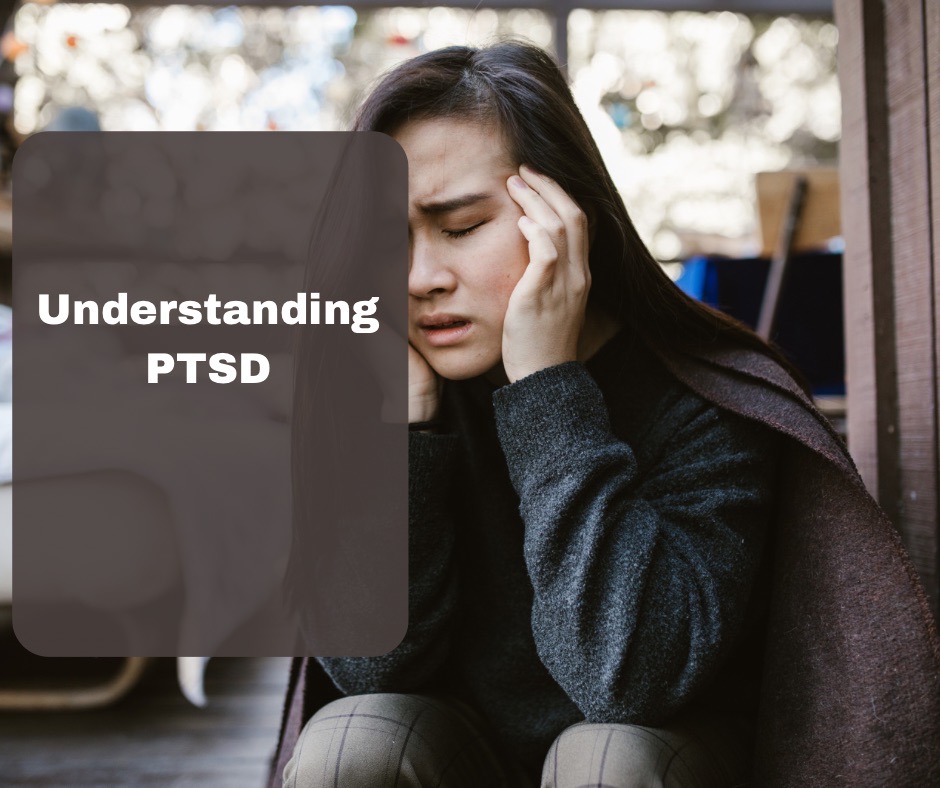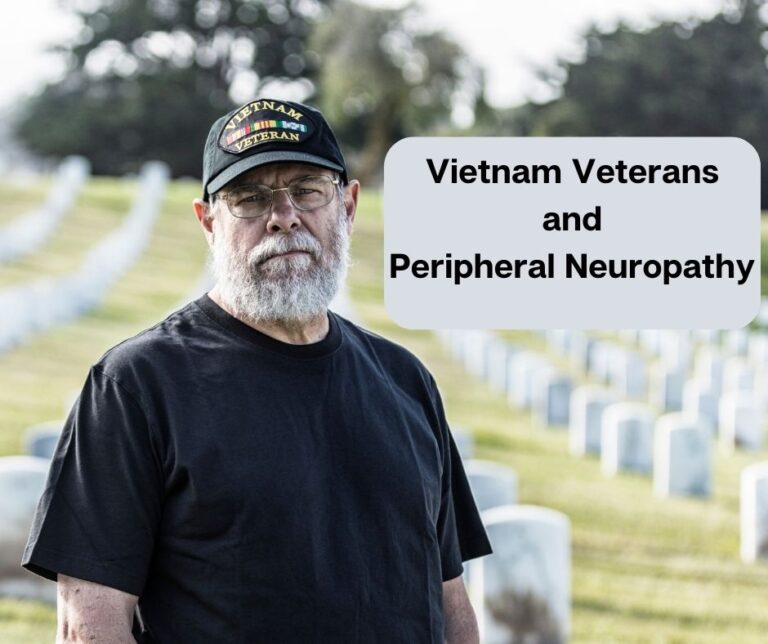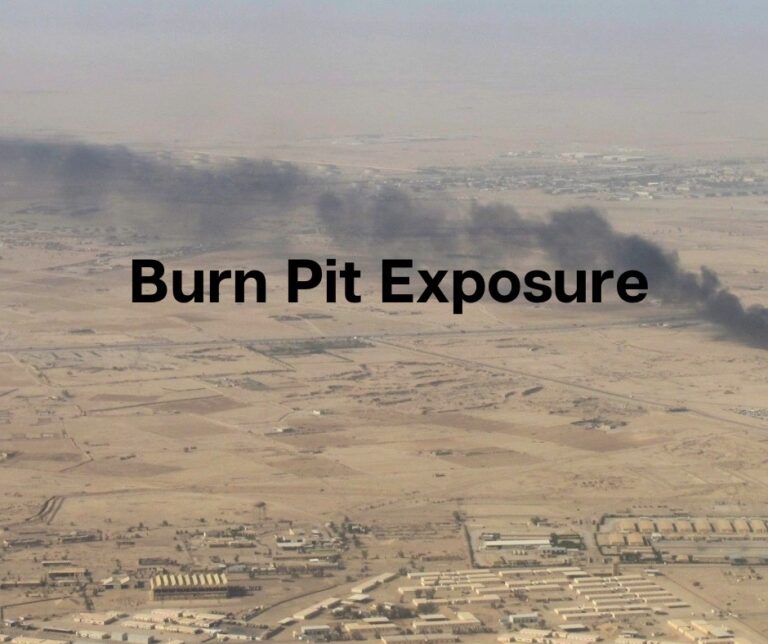Understanding PTSD
Post-Traumatic Stress Disorder (PTSD) is a complex condition that can develop in individuals who have experienced or witnessed traumatic events. It’s important for Veterans to have a clear understanding of PTSD. Here are key aspects to consider:
- Causes and Triggers: PTSD can stem from a wide range of traumatic experiences, such as military combat, sexual assault, natural disasters, accidents, or violence. These events overwhelm the normal coping mechanisms of the individual, leading to psychological and emotional distress. While the intensity and duration of trauma vary for each person, the symptoms of PTSD can be triggered by reminders or associations with the traumatic event.
- Symptoms and Reactions: PTSD can manifest in various ways, and its symptoms can be grouped into four main clusters:a. Intrusive Memories: Distressing and intrusive memories of the traumatic event, including flashbacks, nightmares, or intense distress triggered by reminders.b. Avoidance and Numbing: Avoidance of situations, people, or activities that remind the individual of the traumatic event. Numbing of emotional responses, detachment from others, or loss of interest in previously enjoyed activities.c. Negative Thoughts and Mood: Persistent negative beliefs, distorted thoughts about oneself or the world, feelings of guilt or shame, and a persistent negative emotional state.d. Hyperarousal and Reactivity: Hypervigilance, exaggerated startle response, difficulty concentrating or sleeping, irritability, and outbursts of anger.
- Impact on Daily Life: PTSD can have a profound impact on daily life and overall well-being. It can affect relationships, work performance, physical health, and emotional stability. Simple tasks may become overwhelming, and individuals may experience a reduced sense of safety and security. It’s important to recognize that these challenges are a result of the condition and not a reflection of personal weakness.
- Triggers and Avoidance: Individuals with PTSD may go to great lengths to avoid triggers that remind them of the traumatic event. This can involve avoiding certain locations, people, or situations. While avoidance can provide temporary relief, it can also limit opportunities for growth and healing. It’s important to gradually confront and process these triggers with the guidance of a professional.
- Complex Nature of PTSD: Each individual’s experience of PTSD is unique, and the condition can present differently from person to person. Some may experience PTSD symptoms immediately after the trauma, while others may not develop symptoms until months or even years later. Understanding the complexities and individuality of PTSD helps combat the stigma surrounding the condition and promotes empathy and support for those affected.
- Seeking Professional Help: If you suspect that you or a loved one may be experiencing PTSD, it is crucial to seek professional help. Mental health professionals, such as therapists or psychiatrists, specialize in treating PTSD and can provide the necessary support, guidance, and evidence-based treatments to facilitate healing and recovery.
Remember, understanding PTSD is the first step towards managing and overcoming its challenges. By educating yourself, seeking support, and cultivating compassion for yourself and others, you can create a foundation for healing. Reach out to trusted resources, connect with fellow veterans who have experienced similar struggles, and never hesitate to ask for help. Together, we can break the barriers and ensure that no one faces PTSD alone.







